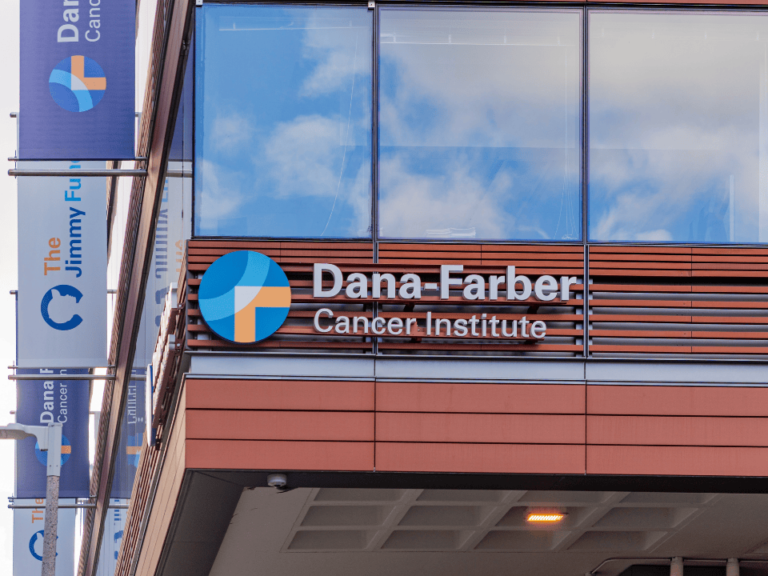Adult patients with newly diagnosed malignancy-associated hemophagocytic lymphohistiocytosis – a rare, aggressive hyperinflammatory condition – who were treated with the first-in-class monoclonal antibody, ELA026, experienced a 100% response rate and an improved survival rate at two months, according to researchers from The University of Texas MD Anderson Cancer Center.
To access this subscriber-only content please log in or subscribe.
If your institution has a site license, log in with IP-login or register for a sponsored account.*
*Not all site licenses are enrolled in sponsored accounts.
Login Subscribe
If your institution has a site license, log in with IP-login or register for a sponsored account.*
*Not all site licenses are enrolled in sponsored accounts.
Login Subscribe






